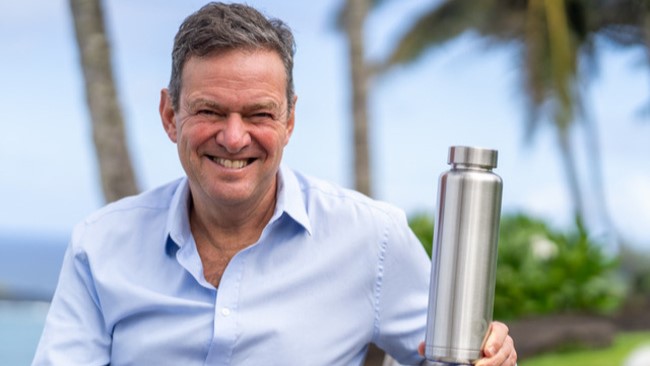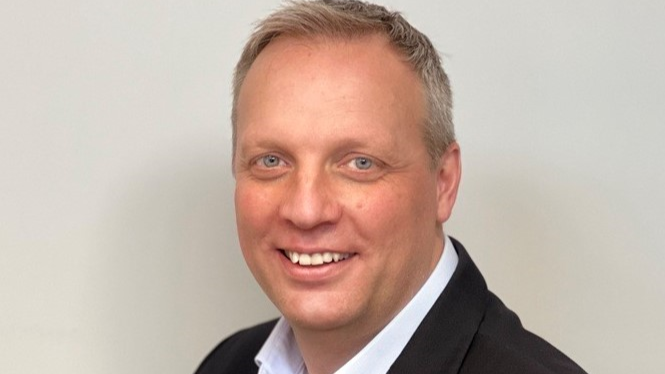A massive global study indicates 40 percent of people worldwide are falling out of love with tap water amid fears it is unsafe.
This shocking insight demands urgent attention by governments worldwide, says Bluewater, a global innovator of water purification and beverage solutions.
The study – published in the journal Nature Communications – was carried out among 148,585 adults in 141 countries by researchers at two U.S. universities, North-western University and the University of North Carolina at Chapel Hill.
“This shocking revelation underlines the need for governments and water authorities worldwide to urgently tackle the contamination of our drinking water by toxic chemicals, microplastics, and other pollution,” said Bluewater founded and CEO Bengt Rittri. The Swedish ecopreneur added that public distrust of tap water was driving the sale of packaged water, which has a hugely negative impact on the planet’s health, environment, and inhabitants.
According to the United Nations University Institute for Water, Environment and Health, over 600 billion single-use plastic bottles are produced yearly; most are not recycled but end up in landfills and oceans, where they release toxic chemicals and break down into micro and nanoplastic particles. A ground-breaking 2023 report entitled ‘Hidden Hazards: The Chemical Footprint of a Plastic Bottle’ concluded that the proliferation of PET plastics “may prolong the climate crisis, threaten human health, and promote environmental racism.”
Mr. Rittri noted that the new study spotlights how difficult it is for consumers to judge the hazards and safety of their water supply because many contaminants cannot be seen, smelled, or tasted. He said he was astounded that 39% of those polled in the United States believed they faced serious harm from drinking tap water in the short term.
“When we launched Bluewater in 2013, it was with a planet plan rather than a traditional business vision, with the aim to develop technologies and solutions that would end the need for single-use plastic bottles,” Mr. Rittri said. He added that Bluewater continues to pursue its plan vigorously, with a steady stream of solutions giving consumers and businesses the means to turn tap water into purified water that is safer and healthier to drink.
In 2024 alone, Bluewater has launched a series of new products, including a unique kitchen station for homes and restaurants that removes up to 99.7 percent of contaminants like toxic PFAS chemicals and microplastics from tap water and adds vital minerals for enhanced health and taste.
Bluewater has also introduced a new range of public dispensers in Europe called Bluewater Flow for use in public spaces such as gyms, offices, hospitals, and schools, while other public dispensing solutions have proved hugely successful at mega sporting and other events looking to improve their sustainability credentials. These include golf, sailing, and running events like the British Open, The Ocean Race, America’s Cup, the Cape Town Marathon, governmental events such as COP 27 and 28, and myriad business conferences.
“We understand that the only way to tackle the plastic bottle menace is to restore public confidence in tap water, which will take substantial time, effort and money… or to increase awareness that solutions exist – like those provided by Bluewater that enable consumers to purify their tap water at point of use,” Mr Rittri said.



